
The building sector drives 40% of EU energy use and 36% of emissions, with green financing tools like sustainable loans, green bonds, EPCs, PPPs, and EU grants promoting energy-efficient construction and renovation.

The building sector drives 40% of EU energy use and 36% of emissions, with green financing tools like sustainable loans, green bonds, EPCs, PPPs, and EU grants promoting energy-efficient construction and renovation.

The EU Building Policy Tracker highlights progress and gaps in decarbonising EU buildings by 2050, emphasising the need for clearer long-term targets, circularity, and stronger financial mechanisms to meet climate goals.

In BUILD UP we want that everyone feels involved. That is what the Topic of the Month is for, so all the community can contribute with articles, events and much more under the same topic. This month, the ToM is "Energy efficient and healthy buildings”.

The Affordable Housing Initiative (AHI) aims to renovate 35 million buildings by 2030, create green jobs, and promote sustainable, affordable housing across Europe through innovative, community-focused projects.
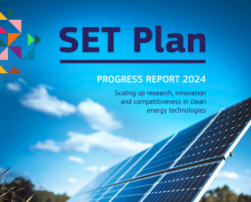
The 2024 SET Plan report highlights its role in coordinating EU and national efforts for clean energy innovation, reinforced by new legal support to strengthen Europe's leadership in low-carbon technologies.
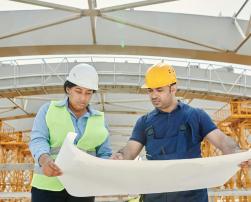
The FIEC Annual Report 2024 highlights key activities, initiatives, and achievements, featuring a Foreword by President Piero Petrucco, a photo gallery, and a video teaser, available on their website.
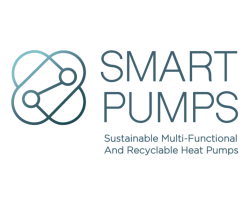
SMART-PUMPS Project has developed two surveys: one for installers and one for end users who are willing to buy a residential heat pump, on the topic of selection and installation of heat pumps.
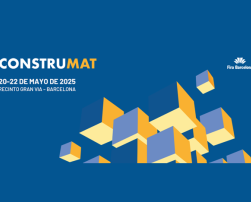
Construmat Barcelona is a leading trade show offering a comprehensive showcase of materials essential to efficient and sustainable construction.
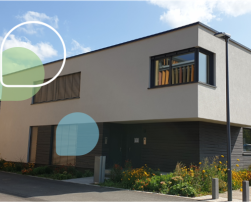
The Elmen social housing project in Luxembourg showcases sustainable design with smart energy systems, achieving a 40% SRI score, with potential upgrades to boost efficiency, comfort, and storage.

Urban areas contribute significantly to global CO2 emissions, but climate tech, sustainable building materials, and community collaboration offer solutions for creating more resilient, energy-efficient cities.